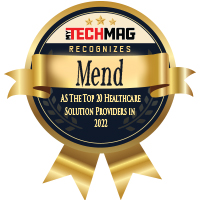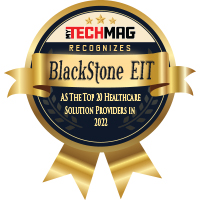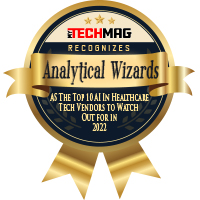
“We are the third-largest player in the industry by this metric. Size creates scale, which allows us to invest back into core EHR solutions and in high growth platforms.”
Among U.S. hospitals, 96 percent now have an EHR, according to data from the Office of the National Coordinator for Health IT. For more than 30 years, Allscripts has led the way in healthcare IT – inspiring smarter care for their clients, partners and associates. The resources being provided here offer users instant access to the timeliest innovations, latest events and most current news stories impacting the industry today. Allscripts CEO, Paul Black acknowledged that the hospital EHR replacement market is competitive, which is driving the company to focus on solutions outside of the EHR market. Black says Allscripts’ revenue is a more accurate reflection of its place in the market. “We are the third-largest player in the industry by this metric. Size creates scale, which allows us to invest back into core EHR solutions and in high growth platforms,” Black states. “We are only one of three companies making material investments in core acute care solutions.” That size and scale enable the company to invest in innovation and new functionality to meet healthcare organizations’ needs, he said.
Allscripts Sunrise is a fully integrated platform that connects all clinical and financial aspects of a hospital or health system for inpatient, emergency and outpatient care. The open, scalable platform is the backbone for a continuous client and developer innovation that rapidly evolves along with regulatory and best practice workflows.
From computer physician order entry and medication management to financial solutions and analytics, Sunrise supports all the core care venues with a single platform and single patient record – across inpatient, ambulatory, emergency and other high-acuity venues. Sunrise offers a complete Ambulatory Care solution for outpatient care that allows physician practices to operate more efficiently through every stage of care and administration. For patients with complex conditions who need ongoing care in more than one setting, Ambulatory Care helps provide informed, efficient decision-making and monitoring. Physicians and clinical staff use the same user-friendly tools across outpatient and inpatient rather than having to learn multiple systems.
Allscripts Community Care is a fully integrated EHR as a service that enables community hospitals to have an integrated solution to fit their needs. This Microsoft Azure-hosted, single-platform solution is an end-to-end offering with clinical, financial and ambulatory content to help organizations run smoothly and achieve operational and financial success. On the other hand, Paragon is an integrated EHR and financial/administrative solution for smaller hospitals serving a single IDN and community facilities. Fully configurable to support multiple deployment models, Paragon ensures your organization’s specific needs are met. With robust, physician-centric workflows built around up-to-date patient data, Paragon supports an array of critical functions, from the operating room to the back office. The suite also includes lab analytics, blood bank and content management solutions as well.
In addition to inpatient facilities and ambulatory clinics associated with hospitals, Allscripts also provides modular solutions including emergency care, perioperative care, wound care, mobile applications for doctors and nurses. Sunrise keeps all of the team members responsive at the point of care with mobile applications for both physicians and nursing staff. The company also offers Health Information Management and Laboratory Information System (LIS), Patient Engagement which provides patients with controlled access to a single comprehensive and managed patient record – regardless of the location of their most recent procedure or doctor’s visit – and tools to help them better manage their care. Accessible via a Web browser or the mobile app (iOS and Android), FollowMyHealth’s user-friendly navigation and convenient self-serve functions encourage patients and families to participate in their care with their healthcare team – leading to increased patient satisfaction, reduced costs and improved outcomes.








